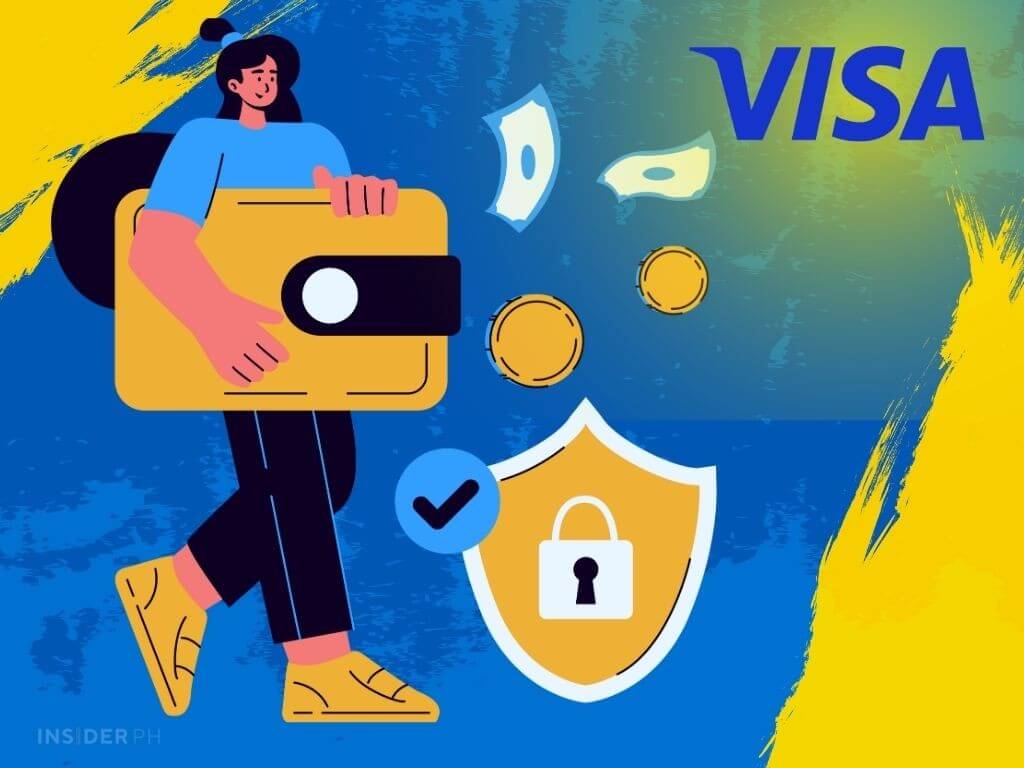

Insider Spotlight
Driving the push:
In a recent enablement workshop, Visa collaborated with Google Southeast Asia, Vietcombank and Starbucks Vietnam to share best practices on integrating and scaling xPays locally.
The Bangko Sentral ng Pilipinas (BSP) clarified that these digital wallets are technology service providers, meaning they must be linked to users’ credit, debit or e-money accounts rather than hold funds themselves.
How it works:
Once a Visa card is added to a digital wallet, users can tap to pay in-store, online or in-app without a physical card. Each transaction is protected by Visa’s network token technology, which replaces card numbers with unique digital tokens and dynamic cryptograms.
This ensures that cardholders’ real account information is never shared with merchants or stored on devices, dramatically reducing fraud risk.
By the numbers:
Visa has issued more than 10 billion tokens globally, with 1.5 million e-commerce merchants transacting with Visa tokens every day. The company’s Token Service generated a $2-billion uplift for Asia-Pacific merchants in 2023 while cutting fraud rates by 58 percent.
Regional success stories:
“Vietcombank has been a trusted partner of Visa in delivering seamless payment experiences to Vietnamese consumers. We’re proud to share our key learnings with peers across the region,” said Nguyen Hong Thanh, deputy director of retail product department from Vietcombank.
Big picture:
“Digital wallets like Google Pay, Apple Pay, and Samsung Pay amplify the power of Visa by delivering secure, seamless, and innovative payment experiences for consumers, businesses, and our banking partners,” said Jeffrey Navarro, Visa country manager for the Philippines.
With digital retail payments already making up 57.4 percent of total transactions in the Philippines, Visa’s initiative aligns with the BSP’s goal of 70 percent by 2028, broadening financial inclusion for Filipinos and travelers alike. —Ed: Vanessa Hidalgo